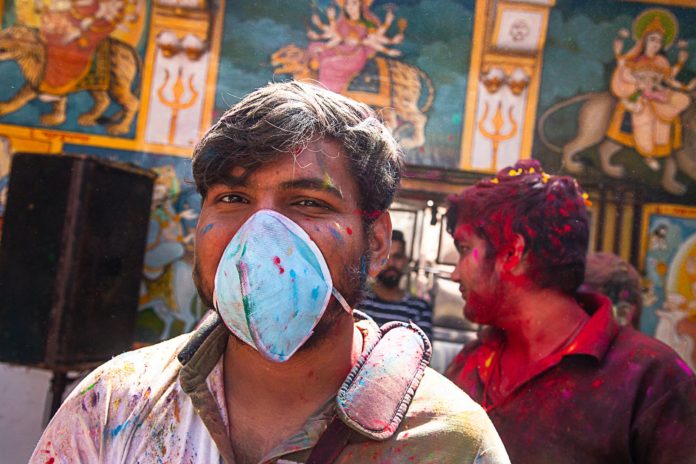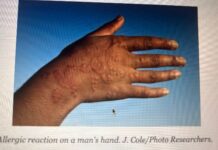
Health secretary Preeti Sudan holds review meeting with officials of 45 municipalities across the country that are showing a surge in COVID cases
Health secretary Preeti Sudan on Monday held a high level review meeting (through video conference) with the officials from 45 municipalities/municipal corporations across 38 districts in ten states, that are witnessing a surge in COVID-19 cases.
These districts are Akola, Jalgaon, Raigad, Kolhapur, Satara, Aurangabad, Solapur, Plghar, Pune and Thane in Maharashtra, Hyderabad (Telangana), Madurai, Kallakurichi, Tuticorin, Tirunelveli, Ariyalur, Villupuram, Kanchipuram, Cuddalore, Tiruvannamalai and Thiruvallur in Tamil Nadu, Udaipur, Jhalawar, Kota, Nagaur, Pali, Jodhpur in Rajasthan, Faridabad and Gurugram in Haryana, Vadodara and Surat in Gujarat, Anantnag, Kupwara, Kulgam in Jammu &Kashmir, Madya and Yadgir in Karnataka, Nainital (Uttarakhand) and Ujjain (Madhya Pradesh).
The main issues discussed were the widespread infection in densely populated urban areas, with areas that shared public amenities; importance of house-to-house surveys; prompt testing followed by prompt isolation and clinical management of cases and containment strategy to be implemented.
To reduce the case fatality rate, the officials were briefed on measures to be taken like prioritising the high-risk and vulnerable segments like elderly people and people with co-morbidities
The State officials were advised on the measures to be taken in the containment zones for case management and buffer zones surveillance activities and promotion of COVID appropriate behaviour. To reduce the case fatality rate, the officials were briefed on measures to be taken like prioritising the high-risk and vulnerable segments like elderly people and people with co-morbidities while contact-tracing to prevent deaths; active surveillance measures, adequate testing and promoting health seeking behaviour for timely detection of cases; ensuring timely shifting of patients without escalating the symptoms.
With regards to the infrastructure and human resource management for the containment of COVID-19, it was advised that adequate planning for health infrastructure should be taken up; adequate number of surveillance teams to be provided; a system to be put in place for bed availability management; Centres of Excellence to provide hand-holding for medical professionals and senior officers to be deployed for hospitals to offer help to citizens to find health services as per their need.
While speaking on field governance, Municipal authorities were advised to take leadership and put the whole municipal infrastructure for containment measures using the ‘whole of Government approach’. It was also highlighted that along with COVID-19 management efforts, care needs to be given to the regular and essential health services that are also available for the citizens.
Areas that need constant attention included active house-to-house survey for timely detection; augmentation of the survey teams; efficient ambulance management; efficient triaging of patients at the hospitals and bed management; clinical management of the hospitalised cases through rotational 24*7 teams to ensure reduction in the fatality rates they were also advised to ensure that the testing results were returned by the labs in time for ensuring early identification and timely treatment.
It was also suggested to involve the elected representatives in the rural areas for cooperating with the district health authorities for confidence building and timely accessing of available health services. States were reminded to activate the fever clinics for detection of SARI/ILI cases in the buffer zones. In view of the lockdown being eased and curbs being lifted, States were also advised to make a district wise prospective plan for the coming months.













